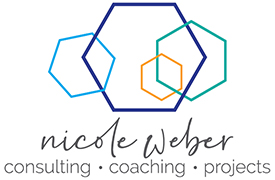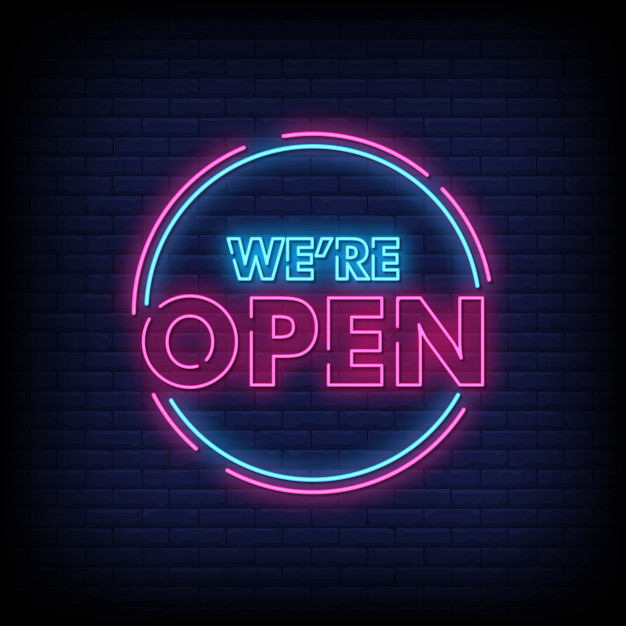‘Social inclusion’ is a fancy way of saying ‘everyone is part of the community’. When we include people with disabilities and older people in our business, it benefits everyone.
If it’s easy for someone who uses a wheel chair to get in and out of a shop or business, it’s also easier for someone pushing a pram or someone with a footy injury. And if more people can get to your business, that’s more potential customers.
Take a look around your shop or business and think about how people might get in and out if they were using a wheelchair or crutches. Are there steps or even a small ledge in the doorway? Is there clutter or a clear path to your counter and around your shop? How high is your counter or reception desk – would you see a wheelchair user if they came in? Are the signs and menus easy to read? Is there enough light to read by? Is the music really loud? This can make it hard to hear or be overwhelming for someone with a sensory disability.
How about customer service? Here are some simple tips for more inclusive customer service:
* Speak to the person with a disability, not to their carer or support worker.
* Speak clearly and don’t use jargon.
* Ask one question at a time and wait for the answer – don’t finish sentences for them or rush them to answer.
* It’s OK to ask someone if they would like help, and what would be helpful.
Language is important – people experience a disability, they are not defined by it. When you are speaking about someone with a disability:
Do use words like ‘she has Down Syndrome’ not ‘she is Down Syndrome’, or ‘he uses a wheelchair’ instead of ‘he’s a quadriplegic’.
Don’t use words like cripple, handicapped and retarded – they’re not respectful. For more tips, checkout this handy language guide from People With Disability Australia.
And finally, some disabilities are obvious, but others can’t be seen. Mental illness, autism and other sensory conditions like vision or hearing loss aren’t always obvious. When we treat everyone respectfully, then we can have a community where we are ‘all in’, and that’s a win for us all.
Looking for more info?
Check out this You tube clip titled ‘disability sensitivity training video’. It covers a bunch of social situations in a light-hearted way.
Here’s Dylan Alcott’s story about Growing up Disabled for a more personal perspective.
Nicole is a business consultant with over 20 years of expertise in social inclusion, leadership and strengths-based practice: www.nicoleweber.com.au


Recent Comments